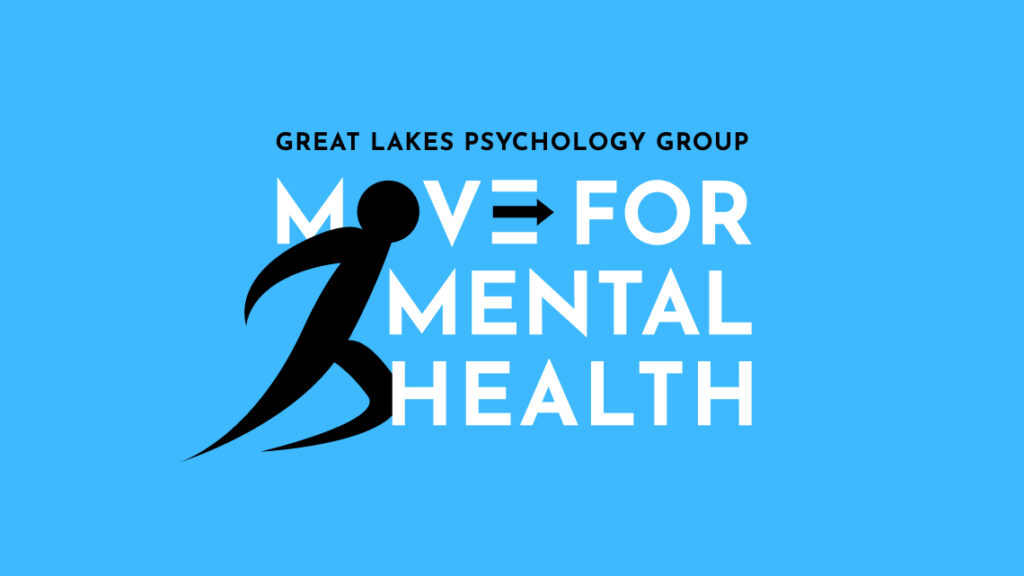3 Mental Health Benefits of a “Fake Commute”

Have you heard of a fake commute?
Prior to the COVID-19 pandemic, apprehension about worker productivity may have dissuaded managers from allowing employees to work from home as much as they wanted. Inadvertently, the great migration to teleworking during the pandemic created the conditions for a giant experiment in the success of it.
Two significant trends emerged: (1.) among those who began working from home during the pandemic, the overwhelming majority report they would prefer to continue working remotely beyond the crisis, and (2.) employers are largely on board.
Global Workforce Analytics has predicted that by the end of this year, approximately 25% to 30% of the workforce will be working from home at least several days a week.
Teleworking is here to stay. If you plan to continue working from home at least some of the time, it’s worth establishing some effective practices to optimize the flexibility of teleworking in service of your mental health.
Employing a “fake commute,” a walk outside for as long as your normal commute would have taken, is potentially one very effective way to do just that.
How a fake commute can benefit your mental health
1. Creates a boundary between home and work
What are you doing with the time you save by skipping a twice-daily commute to work?
Without protecting that time for yourself, the time previously spent commuting is likely to be replaced with other obligations: tending to kids, tackling chores around the house, or working more than you normally would.
We may think of it as an added convenience to have the ability to go straight from whatever we’re doing at home to our desks and start working right away. But many people are finding that without a commute to and from work, they’re missing a vital transition period in their day: a time when they could mentally prepare to switch from one role to another, enjoy some alone time to listen to music or podcasts or just enjoy a bit of quiet reflection time.
Reclaiming your commuting time for yourself can help to establish a better work-life balance, as it allows you that time to plan, process, reflect, and transition into another role.
2. Promotes two pillars of mental health: movement and mindfulness
A “fake commute” is an effective way to include the beneficial practices of movement and mindfulness into your daily routine. These practices are both important for maintaining physical and mental health.
Going for walks can be a great way to incorporate more movement into your days. The American Heart Association recommends 150 minutes (2.5 hours) of moderate activity or 75 minutes of vigorous activity per week to maintain good health. Exercise can also improve your mood, sleep, and overall wellbeing.
Taking a walk outside also allows for a great opportunity to enjoy the mental health benefits of nature. Mindfully noticing your surroundings and practicing present-moment awareness can reduce stress, improve your mood, and improve your focus throughout the day.
3. Establishes healthy routines and habits
Sticking to your goal of implementing a “fake commute” can be an important first step in living a more structured and purposeful life.
We benefit from routines and habits because they allow us to move throughout our day without having to think much about what we’ll do next. This allows us to live our life intentionally in line with our goals and values.
Do you ever find yourself reaching for your phone and realizing that a great deal of time slipped by as you mindlessly scrolled? Without a plan for how we’ll spend each part of our day, we’re likely to fill our idle time with whatever is easiest and creates the least friction. It’s human nature. If this happens to you, it doesn’t make you lazy or mean that you lack willpower. It just means you could benefit from a bit more structure to your days.
Takeaway
As the norms of the workforce evolve, employees would do well to make small adjustments to their routines in order to maintain overall wellness. Adding a “fake commute” can be a simple yet effective way to incorporate several important components of physical and mental health into your daily routine.
Interested in improving your mental health through therapy? Book an appointment instantly at findmytherapist.com.
Ready to prioritize your mental health?
Great Lakes Psychology Group is here to help. With an extensive network of caring therapists available to meet online or in-person, we make it easy to find the right fit for your unique needs.



